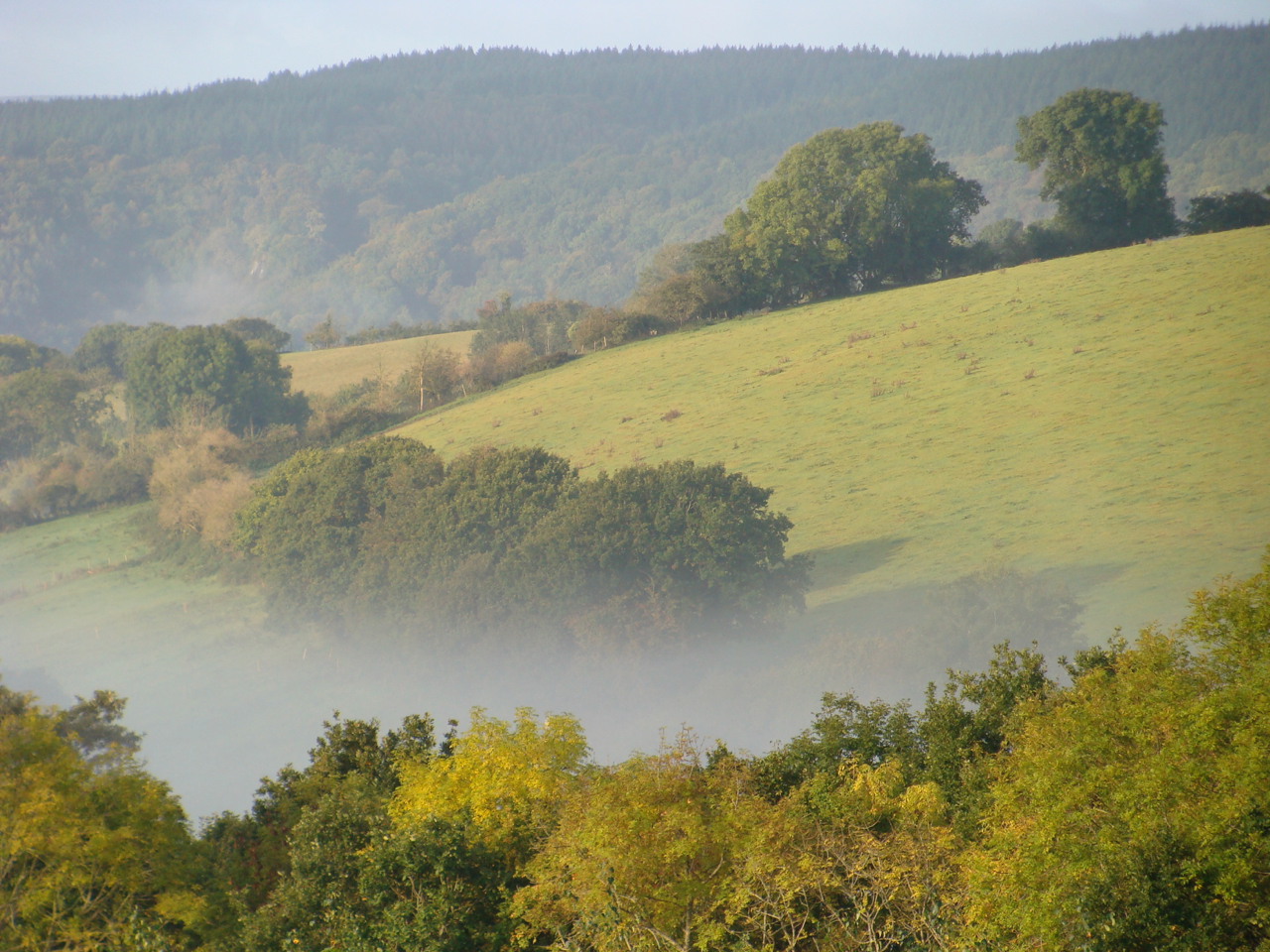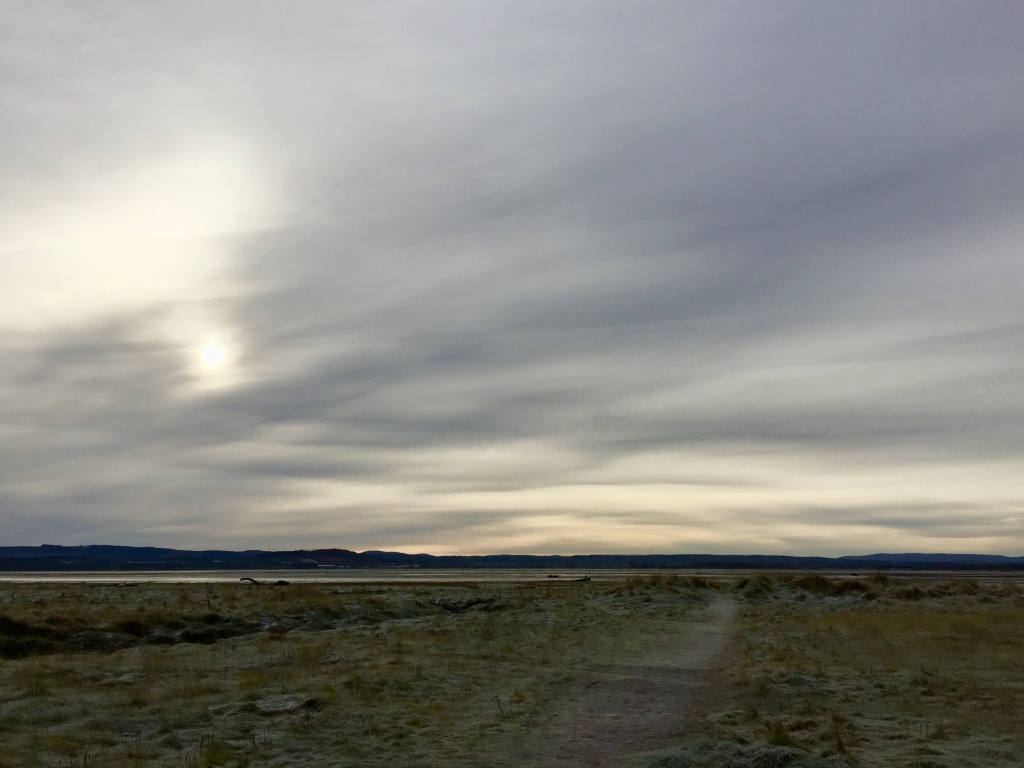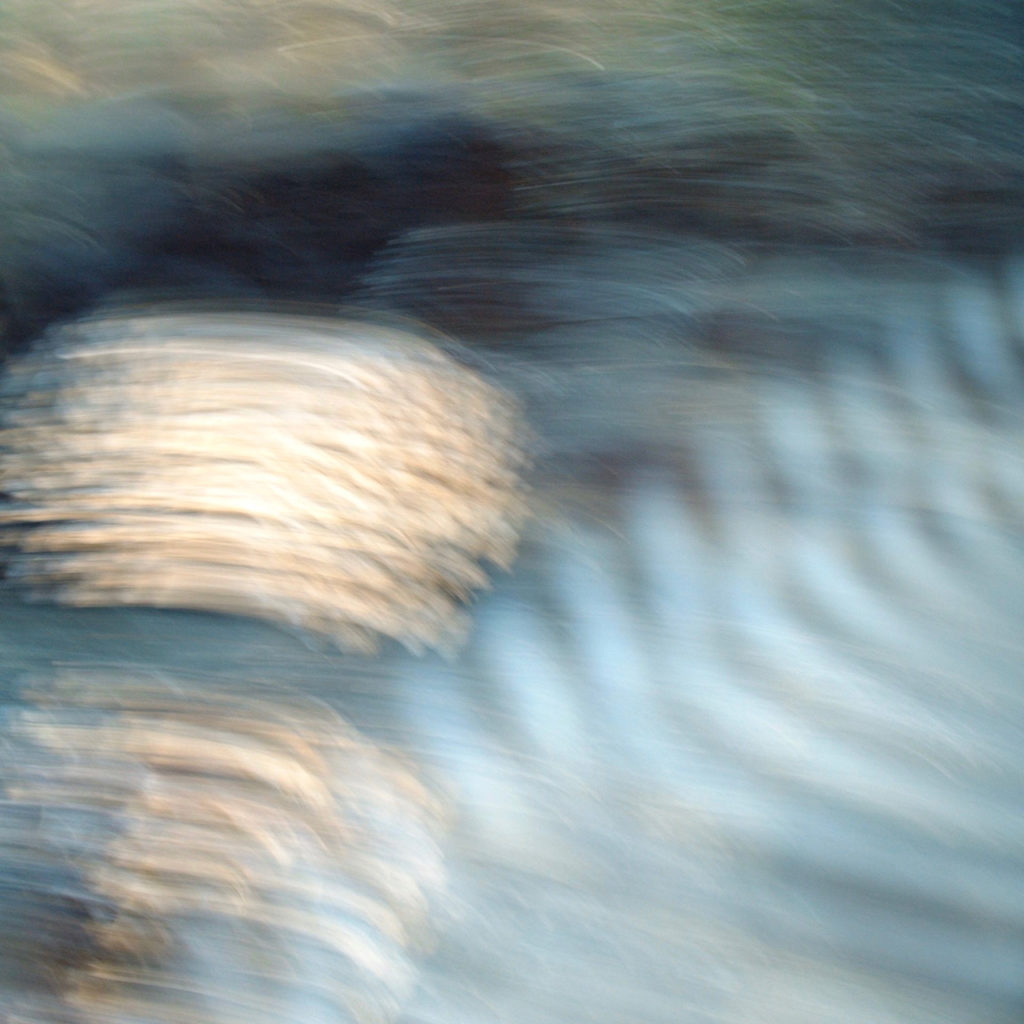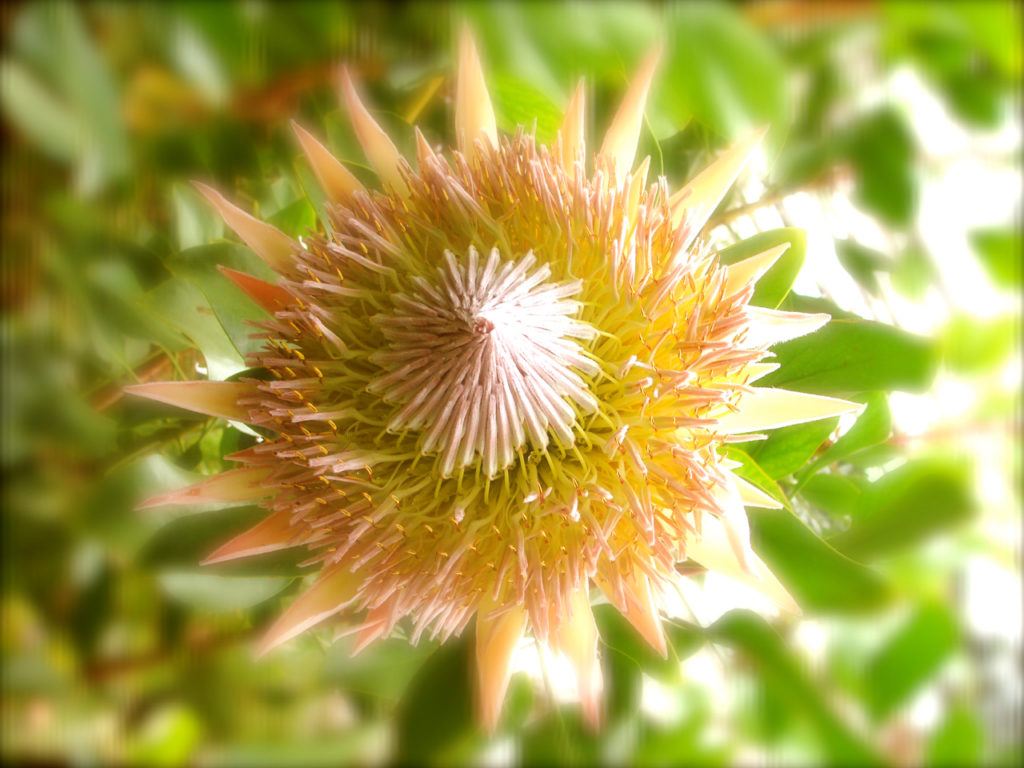Written for you who see only trouble when you think of Extinction Rebellion.
For those who are Extinction Rebellion.
And for those that, like me, have to take time to grieve.

As a culture, we are often asked to avoid our grief – this is unfortunate, unhelpful and unhealthy. Today is about being with our grief, fear, and feelings of deep loss. *Our Earth is politically exposed and we, her dependents, are now vulnerable.
Many, when they see activism rising up to help the greater community they see nuisance, trouble, disruption. What is less understood is that the people rising up are responding to a deep and ancient drumbeat, an internal impulse synchronized with, and activated by, earth’s pulsing rhythms. It is not an intellectual exercise but a primordial one, an embodied listening responding to being fully and deeply alive… our rhythms entirely interwoven through our cosmological interconnection.
Music plays many instruments – a society is a mad orchestra of people playing different instruments, to different tunes at different tempos – we are cacophonous and often out of synch. One could argue that certain traditions return us to coherence, e.g. Christmas, Easter, Solstice, Equinox, Ramadan, Weddings, Prayers, taking a deliberate walk together – the social rituals of life. However, we seem to have trouble getting into synch, across cultural borders, with our relationship to Earth’s inherent rhythms, and needs. The right to life is now a question, for all of us. This is about belonging and our lack pains us, causes us grief… and it’s getting noisy.
Earth has traditions too – the seasons, the tides, the weather, the tectonic plates moving through the friction of co-creation; ecological rhythms, life’s rhythms. Some of us know these rhythms as our own – and we cannot disengage. We don’t want to. Until there is grief. That’s the challenge – to stay fecund and feral when it hurts and tears at our inner fabric. We don’t like how that feels, do we? Of course not.
Grief is as honest as it is frightening… it can feel as big as the sky. It is embraced by some cultures and rejected by others – accepted as a publicly held experience or pushed into privacy – exiled to be carried alone. It hurts more and lasts longer if it is not allowed to breathe itself out through us. We can freeze ourselves into denial. Once frozen, we become harder to reach.
 People who protest are everyday folk – we are you. We are also on behalf of you, as much as we are on behalf of the planet. She is not only our ally, or our mother – as if that wasn’t enough – but she is our grandmother and our great-great-grandmother. She can be our ally or our nemesis. Not one to be pushed around limitlessly, she reacts because she, like us, grieves but she does it with her whole body. She grieves her losses, the missed opportunities for connection, the millions of children she has created and the ecological hopes she had in store within her own DNA – there is death, and birth, around every corner. But I’m not saying she is having a human experience, I am saying that when we have our human experience we are an aspect of earth experiencing her profoundly deep ecological connectivity. Her existential crisis becomes our own, as do her losses, and vice versa.
People who protest are everyday folk – we are you. We are also on behalf of you, as much as we are on behalf of the planet. She is not only our ally, or our mother – as if that wasn’t enough – but she is our grandmother and our great-great-grandmother. She can be our ally or our nemesis. Not one to be pushed around limitlessly, she reacts because she, like us, grieves but she does it with her whole body. She grieves her losses, the missed opportunities for connection, the millions of children she has created and the ecological hopes she had in store within her own DNA – there is death, and birth, around every corner. But I’m not saying she is having a human experience, I am saying that when we have our human experience we are an aspect of earth experiencing her profoundly deep ecological connectivity. Her existential crisis becomes our own, as do her losses, and vice versa.
Life must create life – that is its impulse. When that path is hindered unnaturally – polluted, damaged, altered, misunderstood – pressure builds up, systems jar and disintegrate, integral sustaining patterns lose integrity and coherence is lost; we return to the primordial soup of cacophony, to music that is both painful and damaging – the loss of coherence apparent in our dissolving relationships to change.
There is acoustic music and digitized music – the soundwaves are actually different. The former is curved and natural – our body can receive, and pulse with, that easily – and the other is actually a different shape; angular… it jars our own natural systems, it affects us and creates a physiological tension. The more we develop social systems that deny restorative grief, the more we replace the acoustic with the digital. I’m not even sure what that fully means, but it concerns me as my instincts tell me this relates deeply to our humanity and our ability to be sensitive; both emotionally and sensorially. And those two functions are our natural gateways for relationship with the planet.

Some people are rising because the tides are, literally, changing. We are transitioning from denial to the slow process of waking up into the period of time we will know as deep adaptation.
Some of us still dream; not of cars and temporal private jets, but of lush forests, deeply healthy ecological systems, compassionate and intelligent humans capable of empathy and connection to life’s deeply vibrant and inviting melody. There is an invitation here. An invitation to rejoin the collective pulse of life knowing itself as part of life knowing itself. Just because I am human, does not mean I am not also planet, or Orangutan, or Elephant, or the Wind.
So how shall we grieve? That will be personal to each of us – our perhaps necessary privilege to find out. For me, I sob, run, sleep and wail… when I can remember to I ask for help, open my arms to another, or let someone else open theirs to embrace me, I sleep, and wander untidily across the moors and through the streets. Feeling my tiredness and my resilience beneath that upper layer of soil, I make strange sounds, sing like an animal caught in a hunter’s trap, I curl up in despair, call a friend… and sometimes I write. You might dance… or bake. What I try to help myself NOT do is to ‘fix it’.
One thing with Dynamic Emergence is that it recognizes that we know through three main gateways; Rational, Emotional and Sensory. It is the Emotional and Sensory that know how to grieve as it is so fundamental to our make-up to feel our way through, and with, our bodies and hearts. Because we are a rationally biased society, we tend to meet grief with our minds; the ‘let’s get busy and fix this’ approach. We serve the healing of this bias by being willing to explore digging into the ground of our being and simply feeling. And yes, it can feel awful; consuming, devouring, relentless, predatory and unpredictable. But this approach can end with an actual integration of who we now are – we are transformable – that is part of our resilience. And the genius of our nature-blessed design.
When we can go there together and empathize, over time, we may lose the isolation of hermitage and our hearts can become warm and generous again, our breathing can deepen and we reconnect to so many other sensations waiting to birth new ideas. Winter’s season transitions into Spring. But only when it’s ready. So, for now, curl up, get cosy, do what you must to nurture your own need to feel deeply your despair thus allowing it, and hope, to find their way back to one another. First and foremost, you are alive – feel that love.

Grief honours life. Without grief, we do not re-enter hope. We can grieve in order to find hope. Actually, when we grieve our broken hearts, we light the way for hope to find us again. Please, honour each place in you that feels grief today. Take time, my dear unique human planet, and restore yourself – both for you, and for us.
We will meet in the rising sun, in response to the pounding drum of our mother, grandmother, great-grandmother, earth. She’s holding us in hope.
Thank you for everything you have given. This is not over.
Clare Hedin
https://dynamicemergence.net
https://clarehedin.com
*Written on the first day after a Tory landslide in the December 2019 General Election; a party who, it is felt, are devoid of an essential understanding of our beautiful planet’s vibrancy, or needs, are now in charge of her future, and therefore our own.
Leave a Reply